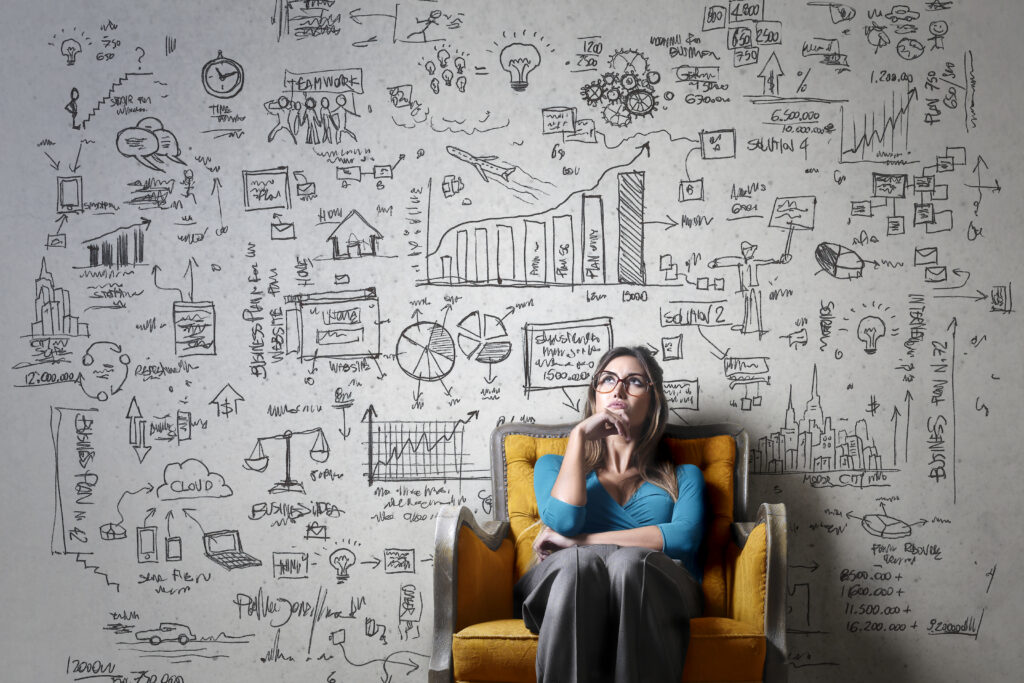Much has been discussed recently about the urgent need to generate new practices and adaptive capabilities in organizations. The traditional way of addressing organizational challenges has been called into question, and the generation of adaptive capacity is beginning to appear as an additional challenge.
In theory, this sounds good, but the truth is that most organizations and their leaders need to grasp what this implies and the complexity it entails. Because of this, despite the declarations, they do not deliberately engage in it, or worse, they ignore these signals in the hope/expectation that what we are experiencing will pass. We can return to “normal.”
The point is that the sense of normality in which we dwelled was merely a way of providing us with certainties that allowed us to operate without significant tensions by keeping variables still in a dynamic model. More than normality, what we inhabited was organizational inertia. We lived in the illusion of control over the stable process.
From an evolutionary perspective, species adapt to their contexts, generating variations to cope with those contexts, which are passed on from one generation to another based on their effectiveness in staying alive. The same thing happens in organizations. We need to learn to deal with the context we inhabit to avoid a slow organizational decline due to this maladaptation in a changing world.
So, a significant clue and lever to begin the evolutionary process and the generation of adaptive capabilities right now lies in organizational learning, in how organizations capitalize on their experiences and journeys to face changes more effectively and fluidly, letting go of orthodoxies and embracing change as a central pattern.
Learning to consolidate has to become a daily practice, ideally transparent. This is a significant challenge because it breaks the cognitive logic that learning is information. Here, knowing is not enough; you have to take action, and to do that, you need to put all styles and preferences in the service of learning.
Some hints in the following cycle:

Validate the Experience: Each person in the organization has lived through their models and paradigms, and from there, they have acted accordingly. Each person is a source of possible actions consistent with themselves based on their challenges.
Pause and Reflect: After each lived experience, it is necessary to open up the organizational conversation to collectively discuss how we approach the challenge, making assumptions used by each person or area visible, identifying blind spots, and, at the same time, reconstructing the experience from different angles.
Reconceptualize: Based on the reflection on the experience, distill the learnings, extract those key elements relevant for success or failure, and declare them together.
Back to Action: After this cycle of experience-reflection-reconceptualization, return to action with the declared learning, putting it into practice and under scrutiny in order to repeat the cycle continuously.
When done consistently and consciously, this cycle allows for the distillation and capitalization of organizational learning, generating much-needed adaptive skills.
Initially published in Clase Ejecutiva UC on May 29, 2021.




